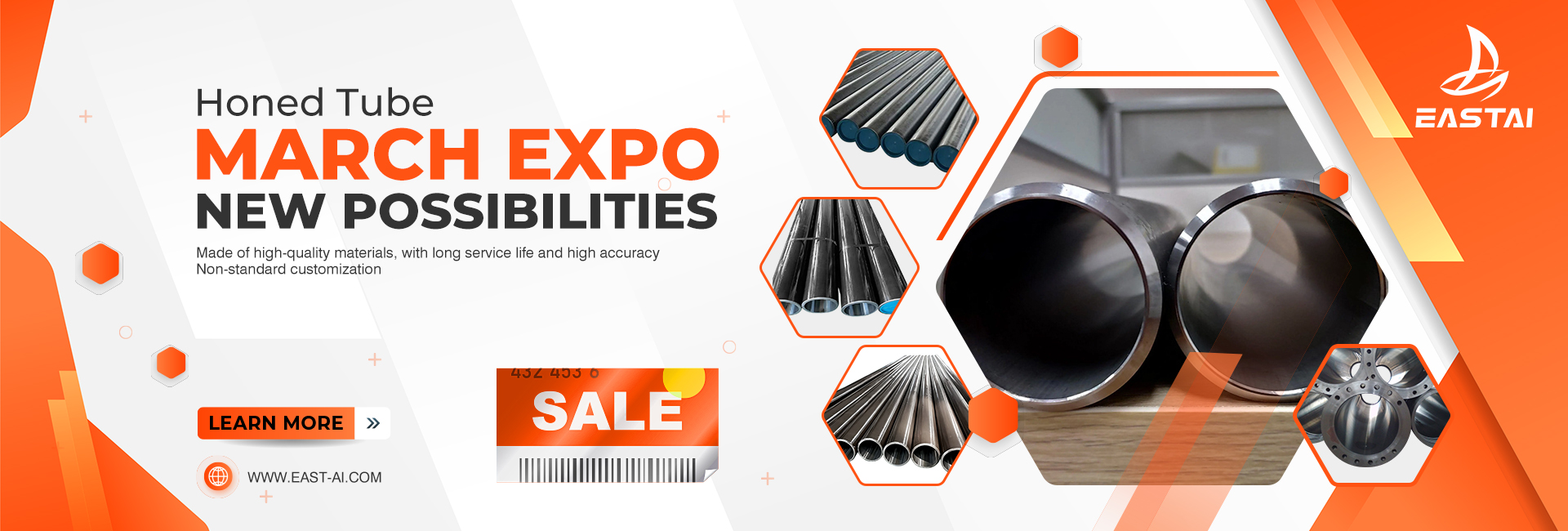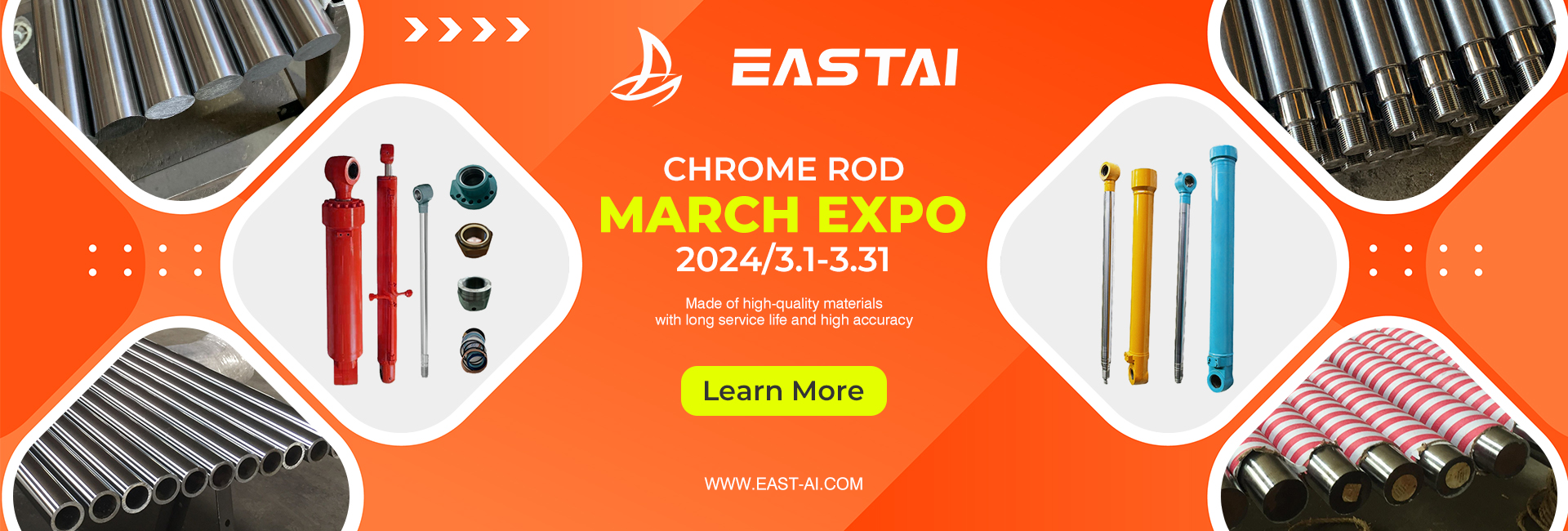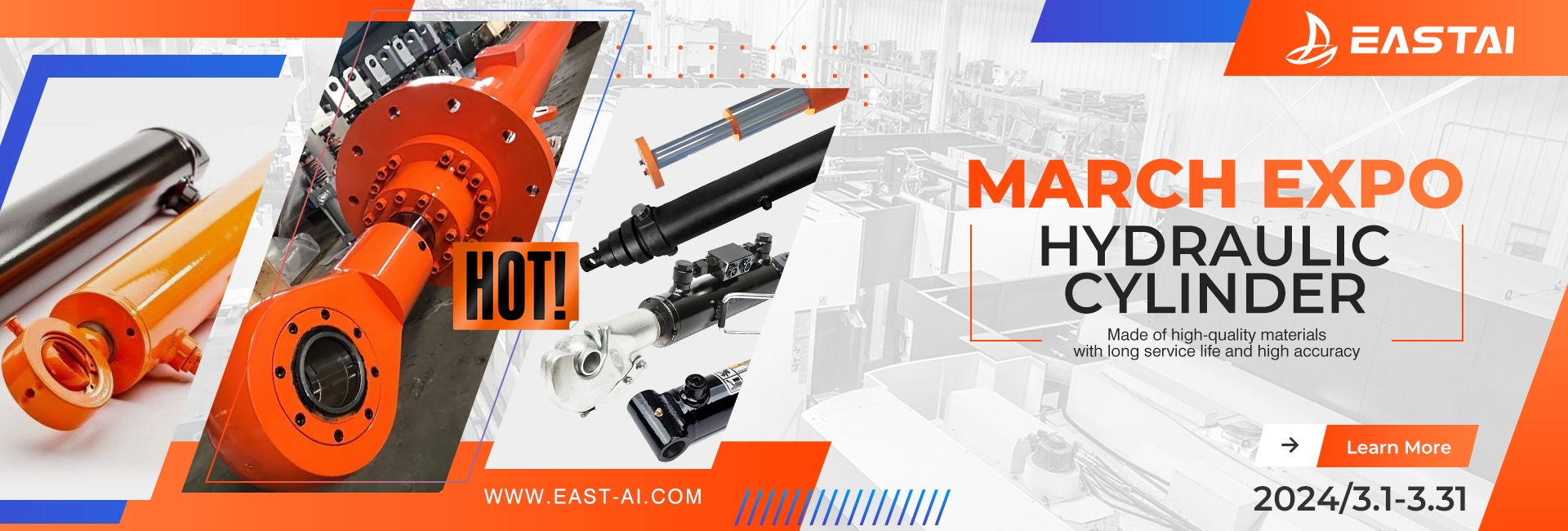A hydraulic pump is a mechanical device that converts mechanical power into hydraulic energy (hydraulic fluid power). It generates flow and pressure in a hydraulic system, which is used to power hydraulic machinery and equipment, such as construction equipment, material handling equipment, and industrial machinery.
There are several types of hydraulic pumps, including gear pumps, vane pumps, piston pumps, and screw pumps. The selection of the right hydraulic pump for a particular application depends on factors such as fluid flow rate, fluid pressure, fluid viscosity, and system requirements.
Sure! Hydraulic pumps work by transforming mechanical energy from a power source (such as an electric motor or internal combustion engine) into hydraulic energy, which is stored in the fluid that moves through the system. When a pump is in operation, it draws fluid from a low-pressure reservoir, increases its pressure, and delivers it to the high-pressure side of the system. This flow of fluid creates pressure, which is used to power hydraulic machinery. The efficiency and performance of a hydraulic pump depend on its design, size, and operating conditions.
There are several factors to consider when selecting a hydraulic pump, such as flow rate, pressure requirements, and operating conditions. The most common types of hydraulic pumps include gear pumps, vane pumps, piston pumps, and screw pumps, each of which have unique advantages and disadvantages. Additionally, hydraulic pumps can be either fixed or variable displacement, meaning they can be designed to provide a constant flow rate or a variable flow rate, respectively.
In summary, hydraulic pumps are essential components in hydraulic systems and play a critical role in transferring mechanical energy into hydraulic energy to power hydraulic machinery and equipment.
Post time: Feb-03-2023




